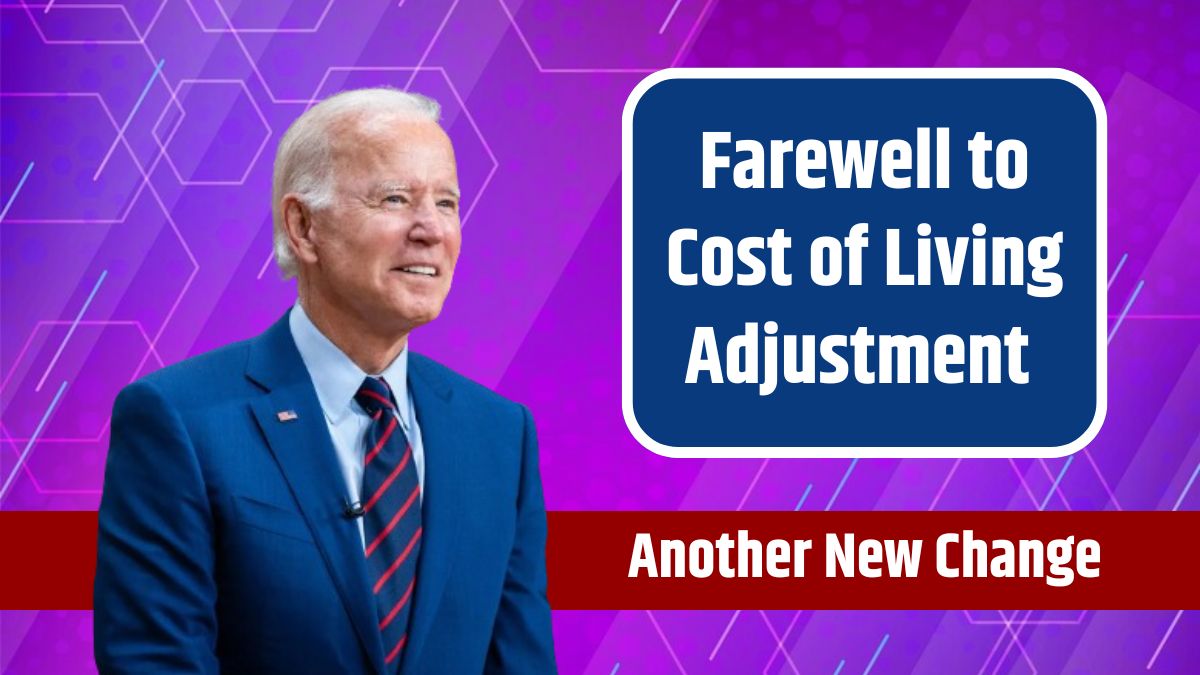The 2024 presidential race is heating up, and one of the major issues raising eyebrows is former President Donald Trump’s stance on Social Security. While his proposals aim to appeal to senior voters by promising no cuts to benefits, some experts argue that these policies could actually speed up the program’s financial troubles.
One controversial promise is the elimination of taxes on Social Security benefits, which could accelerate the depletion of the Social Security Trust Funds and lead to reduced benefits sooner than anticipated.
Tax Promise
One of the key proposals from Trump’s campaign is to stop taxing Social Security benefits altogether. While this might sound beneficial for retirees, the reality is more complicated. The nonpartisan Committee for a Responsible Federal Budget (CRFB) estimates that if this proposal goes through, the program’s funds could be exhausted by 2031—four years earlier than the current projection of 2035. This would trigger a steep 30% cut in benefits for recipients.
CRFB’s senior policy director Marc Goldwein has expressed deep concerns, stating that this plan would have one of the most significant negative impacts on Social Security solvency seen in a general election. The Trump campaign has dismissed these concerns, claiming that the CRFB’s forecasts have been consistently inaccurate. They argue that economic growth and other policy changes will more than compensate for any revenue losses.
Cutting Taxes
The cost implications of eliminating Social Security taxes are staggering. According to the CRFB, this proposal would reduce Social Security’s revenue by $2.3 trillion over the next decade. The most detrimental impact would come from scrapping federal income taxes on Social Security benefits, which would slash the program’s revenue by $950 billion over the same period.
Currently, beneficiaries who earn more than $25,000 individually or $32,000 as a couple are required to pay taxes on their benefits. About half of all recipients fall into this category. However, the proposed change would mainly benefit those with incomes between $63,000 and $206,000, providing little relief to lower-income seniors. These wealthier beneficiaries would enjoy a tax break while lower-income seniors would be more vulnerable to the effects of earlier insolvency.
Tips and Overtime
Another campaign pledge from Trump is to eliminate federal income and payroll taxes on tips. While Vice President Kamala Harris has similarly promised to remove federal income taxes on tips, Trump’s plan goes further by including payroll taxes in the mix. The CRFB estimates this would further cut $900 billion in Social Security revenue over the next decade.
The impact on tipped workers could be ironic. Most do not earn enough to owe federal income taxes, but they still pay payroll taxes that contribute to Social Security. As a result, fewer than 3% of households would actually see a significant tax reduction, and the overall effect on their annual income would be minimal. However, because Social Security benefits are linked to taxable earnings, workers in these jobs could see their future benefits shrink due to lower payroll tax contributions.
Consequences
The proposed changes to Social Security taxes could leave retirees facing a double-edged sword. Although they may pay less in taxes in the short term, the financial foundation of Social Security would weaken considerably, potentially leading to more significant benefit cuts. Social Security is already projected to face insolvency within a decade, and reducing its revenue by trillions of dollars would only exacerbate the problem.
Critics, such as Max Richtman from the National Committee to Preserve Social Security and Medicare, have called these proposals reckless. Richtman argues that while Trump positions himself as a defender of working-class interests, his policies could harm the very people who depend on Social Security the most.
Trump’s promises to bolster Social Security may seem attractive to voters, but the reality is that his tax proposals could bring insolvency even closer. Rather than securing the program’s future, these changes risk jeopardizing the benefits that seniors rely on, potentially leaving many with less financial security in retirement.
FAQs
How would tax cuts affect Social Security?
The proposed tax cuts would reduce Social Security revenue, accelerating the trust fund’s depletion.
Why is ending Social Security taxes controversial?
It could speed up insolvency, leading to earlier and deeper benefit cuts.
Who benefits most from the tax proposal?
Higher-income earners would benefit more than low-income retirees.
What happens when the Trust Funds deplete?
Benefit payments could be cut by around 30% if funds run out.
Does Trump’s plan impact all tipped workers?
Most tipped workers wouldn’t see a significant tax reduction, but could face lower future benefits.






















